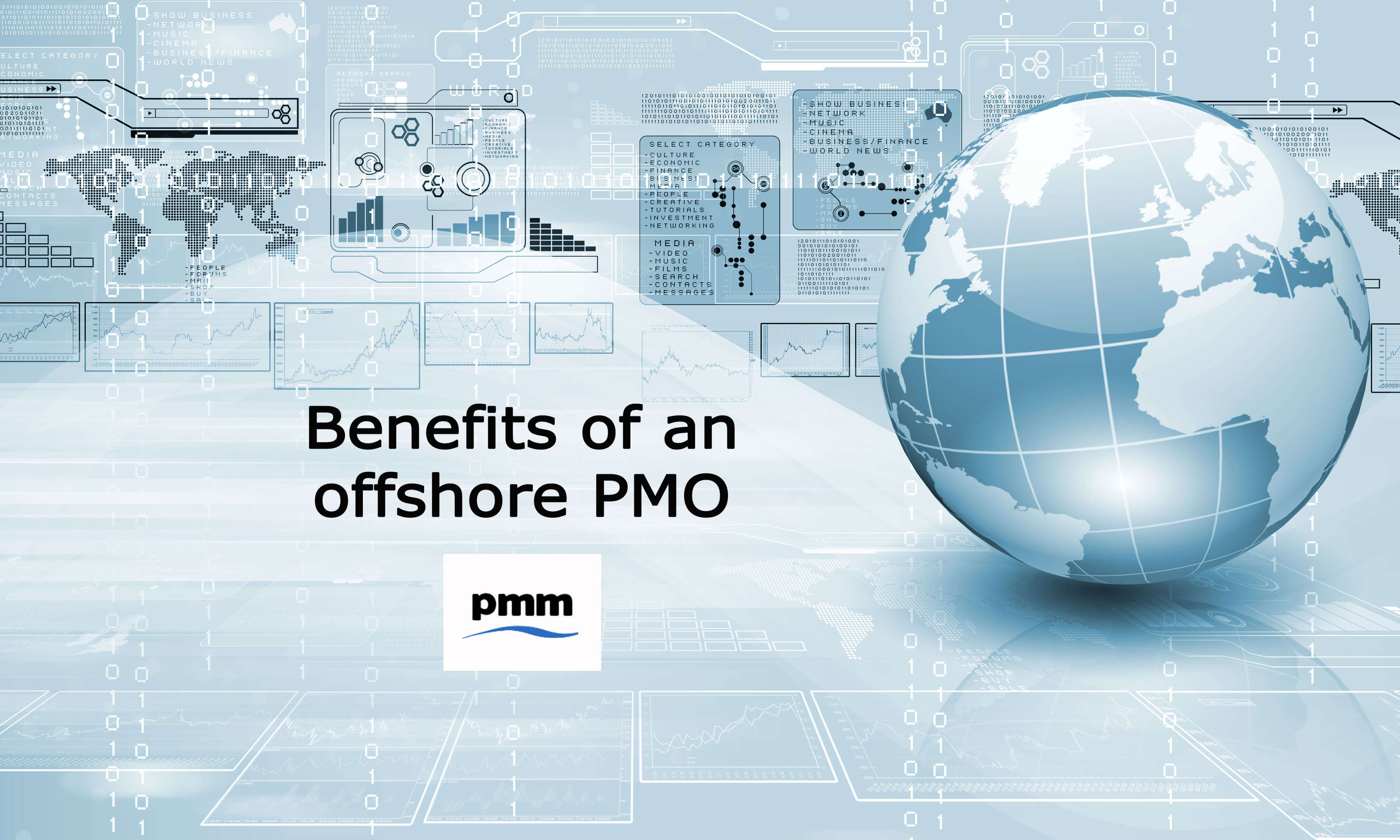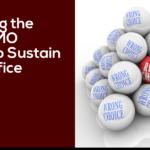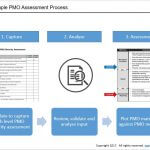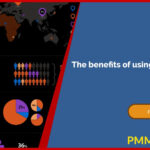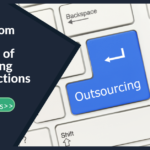 This post will cover the benefits of an offshore PMO model as it can provide many efficiencies in both time and money.
This post will cover the benefits of an offshore PMO model as it can provide many efficiencies in both time and money.
Offshore PMO Benefits
1. Cost Reduction
This is probably the primary driver for most organisations to offshore. The great improvements in technology and communication now mean that it is possible for resources to work effectively from almost anywhere. If you take a moment, I imagine that many of the organisations that you work for have the infrastructure to work remotely by being able to access the network using a secure link through an internet browser. This means that all you need is a laptop with internet connection and you can access your organisations network.
Given that connectivity is no longer an expensive barrier, organisations can take advantage of the natural wage arbitrage between different countries. This means that the same skills can be secured at a lower rate resulting in a cost reduction to completing the same work.
2. Extended Working Day
Each country has the notion of what is termed the working day. For example in the United Kingdom it is between the hours of 9am to 5pm, often known as the “9 to 5″. The reality is that many work longer than these hours. However, what this does mean that there is a set “window of time” to complete the required tasks. Work not completed at the end of the day is usually rolled on to the next day or, workers end up staying late to complete the outstanding activities (not good for morale, work / life balance when this occurs on a consistent basis).
A global workforce, operating in different time zones means that outstanding activities can be passed to the next team to continue. This means that the work can be completed and, in the case of projects, helps protect time lines.
3. Efficiency
This model is sometimes termed the “follow the sun” model. I first experienced this in the 1990′s when I was working for a global investment bank. The 3 primary locations for trading currency was Tokyo, London and New York. At the time they had trading books in each location running independently. However, they realised that it would be more beneficial to have a single trading book that could be passed round the globe.
This made me realise that the same principle could apply to most activity. Software development: required enhancements could be passed to a team in India or Philippines at the end of the working day in the UK, the changes processed over night so that they were ready to test at the start of the next working day in the UK. The result, greater efficiency as there is a significant reduction in the time the development team or testing team are waiting for work to complete.
I have been able to utilise this with a number of PMO’s I have established. For example, reports being submitted by projects at close of business, reports reviewed and processed overnight so that there is a management pack to review progress available at the start of the next day.
4. Capacity
A common model is to build a competency of shared resources in an offshore location servicing many areas of the business. This is a smart solution for a PMO. Having a pool of skilled resources who understand the project methodology / framework and can execute the different processes provides the benefit of flexing capacity. Projects move through cycles so, as one project completes, PMO resources supporting that project become available. As they are fully trained, they can move some what seamlessly to support the next project.
Likewise, the workload can be shared across team members to cover holidays, sickness, peaks in workload, etc even if they work on different projects. This minimises delays and produces high utilisation. Taking the peaks in workload as an example. There could be 2 projects, one reports week 2 in the month the other week 4. The focus of the offshore team could be that they support the first project in week 1 and 2 then switch to the second project for week 3 and 4.
5. Mobilisation
Having a core competency offshore can greatly accelerate the mobilisation of a project. As the project is being launched the project manager can place his support requirements into the offshore team and then quickly be provided with skilled resources who can set-up the core PMO processes. This is a huge time saving allowing the project manager to focus on the project not building the project support function.
Summary
Investing an building an offshore PMO capability provides many benefits to an organisation that should help improve the predictability and quality while being more cost effective. I am a strong advocate of this model.
